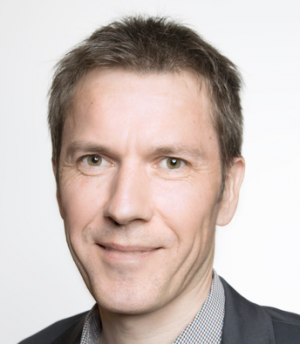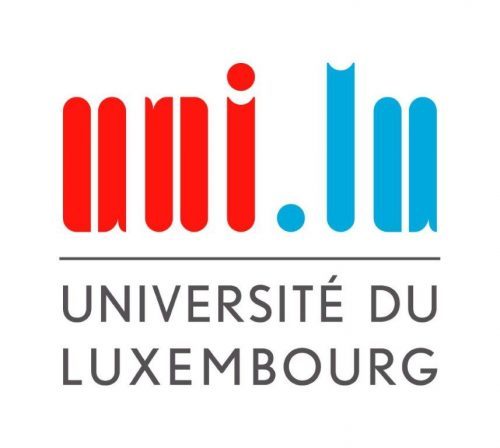
Speaker: Dr Paul Schosseler, Associate at the consultancy +ImpaKT s.a.r.l.
Event date: Tuesday, 15 October 2019, 18.30-20.30
Place: Campus Kirchberg, Salle Paul Feidert (E00-D10)
6, rue Richard Coudenhove-Kalergi
L-1359 Luxembourg
Recently the throwaway culture has become subject to close scrutiny by governments and researchers. This lecture introduces basic concepts related to the circular economy. The short lifespan of many consumer goods resulting in extreme wastefulness, and the growing awareness that their embedded carbon also has implications for climate change, demands a slower throughput of materials in the economy. Conceptions of the circular economy invite a paradigm shift in dealing with physical resources and consumption goods. They aim at closing material cycles by keeping the materials and products at their highest value through beneficial loops of reuse, repair, refurbishment, remanufacturing and qualitative recycling. Particular attention is paid to distinguishing service and consumption goods and their evolution in the technical and biological cycles, respectively. Moreover, new business models are called for, shifting the focus from ownership of goods to their use and performance. We will explore merits and risks of a new focus in in the economy of ‘going circular’.
The lecture will present examples how co-creation processes with diverse stakeholders in enterprises help finding new solutions. Emphasis is placed on the role of co-creation processes in bringing about such systemic change; this role is illustrated with a range of examples of innovation that have proven successful in practice in Luxembourg.
Paul Schosseler holds a diploma in Chemistry and a PhD degree in Physical Chemistry from the Swiss Federal Institute of Technology Zurich (CH). In 1998, Paul joined the Resource Centre for Environmental Technologies (CRTE), a common structure of Public Research Centre Henri Tudor and the Ministry of the Environment Luxembourg, to work on projects related to the sustainable management of the urban water cycle. In 2005, he took over the co-direction of CRTE and continued to develop CRTE’s missions and its multidisciplinary team to promote eco-innovation and implement environmental technologies in the public and private sectors. After the creation of the Luxembourg Institute of Science and Technology (LIST) in 2014, Paul took over the position of deputy director of the newly created Environmental Research and Innovation (ERIN) department. In September 2016, Paul became the co-founder of the consulting company +ImpaKT, which supports public and private actors in their transition towards a circular economy (for more information on key competences and references, please see www.positiveimpakt.eu). Paul’s specific interests are in the evaluation of environmental impacts and chemical risks and the development and implementation of circular business strategies.
Lecture in the framework of the lecture series ‚Science and Citizens meet Challenges of Sustainability‘ and the ‚Certificate in Sustainability and Social Innovation‘.
Another lecture in this framwork is taking place on November 7th at 17.30. Find more information on: https://sustainabilityscience.uni.lu/2019/10/07/lecture-in-the-certificate-in-sustainability-and-social-innovation-ws-2019/
